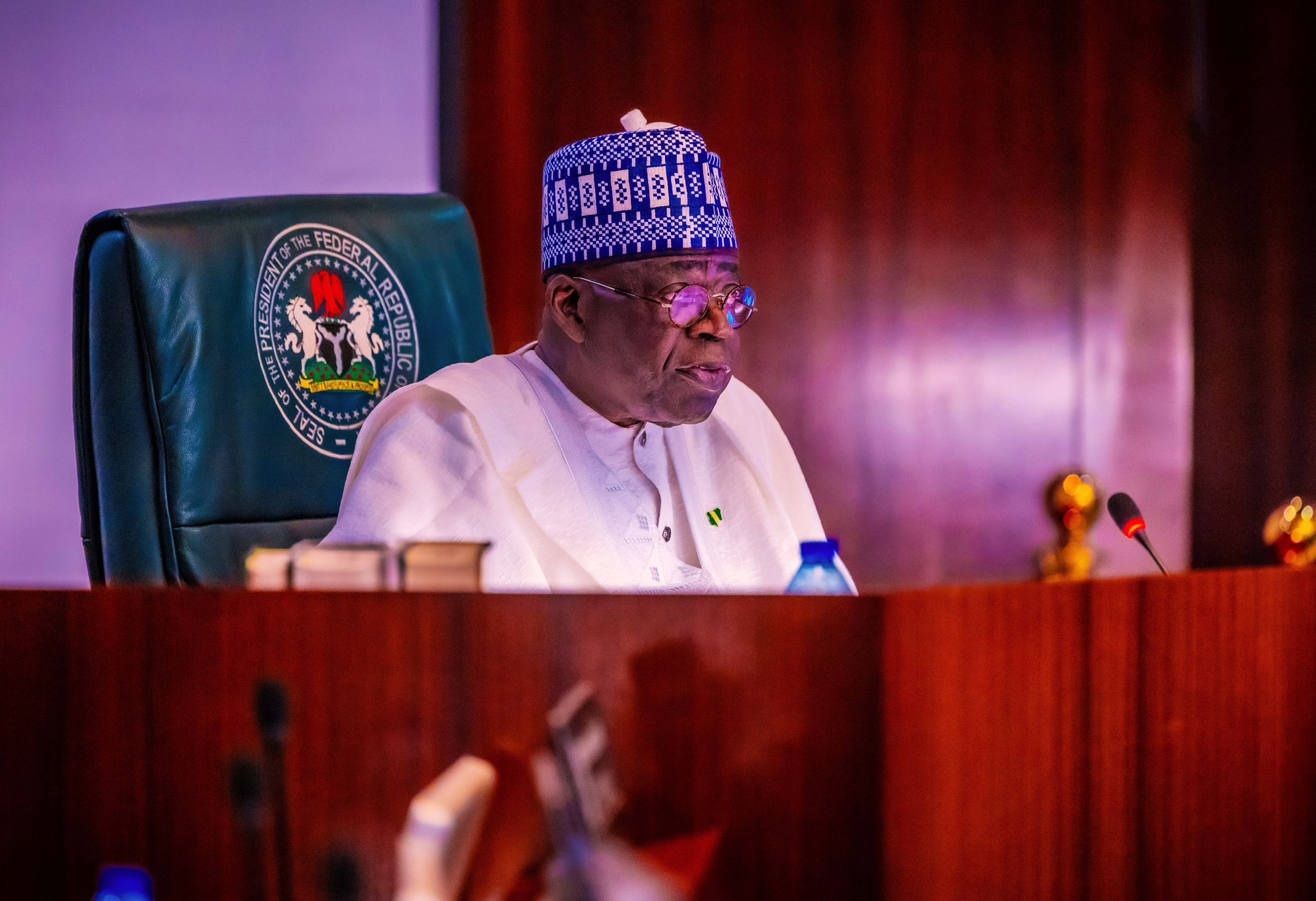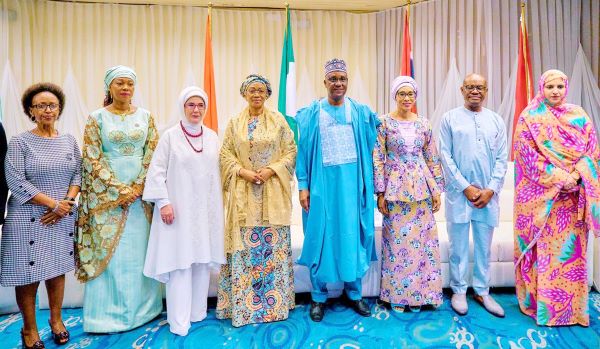The Federal Government has announced a significant move to tighten regulations on livestock imports by establishing control posts at key border points to monitor animal movements more effectively.
The Minister of Livestock Development, Idi Maiha, made the announcement on Tuesday during a meeting with a delegation from the Nigerian Agricultural Quarantine Service (NAQS) in Abuja. Maiha explained that this initiative is designed to safeguard public health and the nation's livestock industry.
New Regulations and Border Control Measures
Under the new regulations, livestock entering Nigeria without proper health certification will be detained. The Minister expressed concerns about the decline in donkey populations and warned that donkey skin exports would require legal authorization to prevent illegal trade.
Maiha revealed that 60 percent of cattle entering Nigeria come from neighboring countries, with many crossing borders without proper checks. This lack of border control has led to outbreaks like anthrax in the country, with the first cases traced to unregulated imports. To address these issues, the Minister pledged to establish control posts and deploy veterinary doctors, security agents, and NAQS officials at these locations to improve border monitoring.
Impact on Livestock and Meat Prices
The Minister also spoke about the rising cost of meat in Nigeria, linking the problem to illegal fees imposed on truck drivers transporting livestock. He cited a government survey that identified over 700 illegal checkpoints along major livestock routes where drivers face extortion. He stated that these excessive levies contribute to the increased cost of meat and other livestock products, and assured that policy interventions are being worked on to eliminate these roadblocks.
NAQS Commitment to Animal Health and Safety
Dr. Vincent Isegbe, the Comptroller General of NAQS, reaffirmed the agency’s commitment to preventing animal diseases and regulating agricultural imports. Isegbe emphasized that NAQS has operational offices in all six geopolitical zones of Nigeria and is collaborating internationally with countries like Mexico and China to enhance regulatory oversight.
He called for stronger collaboration between NAQS and the Ministry of Livestock Development to improve regulatory measures and ensure the safety and health of Nigeria’s agricultural sector.
This announcement is part of broader efforts to protect Nigeria’s livestock industry from the negative impact of unregulated imports and diseases while also addressing the rising cost of meat for consumers.




